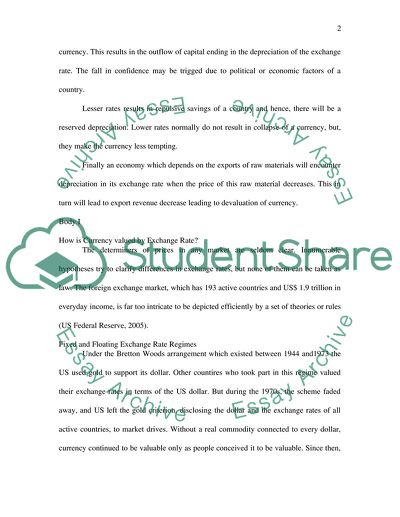Cite this document
(“The Reasons and Consequences of the Devaluation of a Currency Research Paper”, n.d.)
The Reasons and Consequences of the Devaluation of a Currency Research Paper. Retrieved from https://studentshare.org/finance-accounting/1737925-devaluation-of-a-currency-finance-class
The Reasons and Consequences of the Devaluation of a Currency Research Paper. Retrieved from https://studentshare.org/finance-accounting/1737925-devaluation-of-a-currency-finance-class
(The Reasons and Consequences of the Devaluation of a Currency Research Paper)
The Reasons and Consequences of the Devaluation of a Currency Research Paper. https://studentshare.org/finance-accounting/1737925-devaluation-of-a-currency-finance-class.
The Reasons and Consequences of the Devaluation of a Currency Research Paper. https://studentshare.org/finance-accounting/1737925-devaluation-of-a-currency-finance-class.
“The Reasons and Consequences of the Devaluation of a Currency Research Paper”, n.d. https://studentshare.org/finance-accounting/1737925-devaluation-of-a-currency-finance-class.


